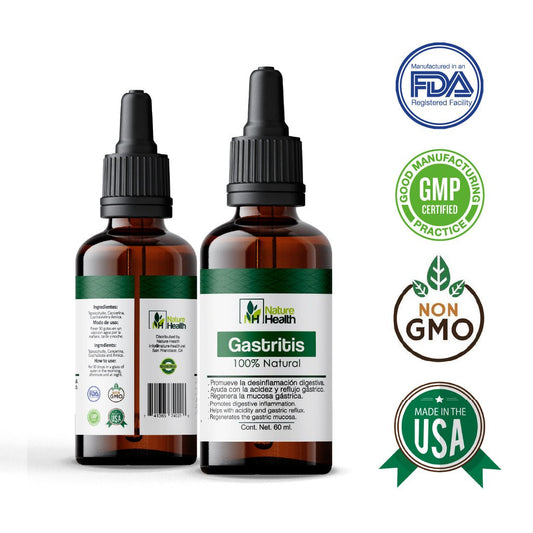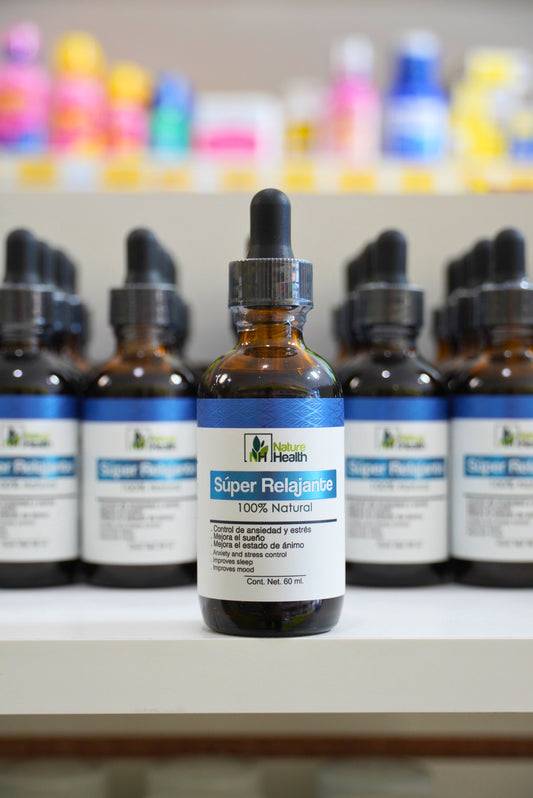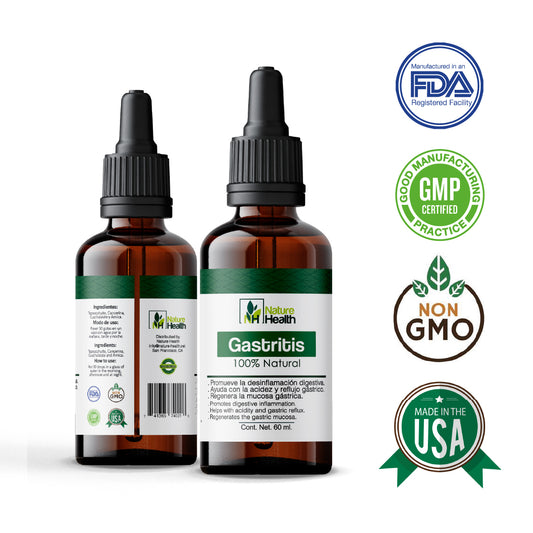Valerian, a herbaceous plant whose medicinal properties have been known for centuries, has been the subject of increasing scientific attention supporting its mental and physical health benefits. In this article, we will thoroughly explore some of the most notable findings supported by contemporary scientific research.
- Sleep Promotion:
Valerian has proven to be a valuable ally to improve sleep quality. A significant study published in the "Journal of Clinical Sleep Medicine" (Fernández-San-Martín et al., 2010) revealed that participants who consumed valerian experienced a substantial improvement in sleep quality compared to the control group. This specific study observed not only a reduction in the time needed to fall asleep, but also a significant increase in total sleep duration, highlighting the effectiveness of valerian in addressing sleep disorders.
- Anxiety Reduction:
Anxiety, a prevalent mental health problem, has also been the subject of valerian-related research. A meta-analysis published in "Phytomedicine" (Sarris et al., 2013) consolidated evidence for the significant anxiolytic effects of valerian. This analysis of multiple studies highlighted valerian's promising ability for the management of mild to moderate anxiety disorders, providing a natural and well-supported option.
- Antispasmodic Effects:
Valerian is not only limited to mental benefits, but has also shown antispasmodic properties, benefiting those suffering from gastrointestinal disorders. A study in "Planta Medica" (Hattesohl et al., 2008) shed light on valerian's ability to relax smooth muscle, which could explain its effectiveness in relieving colic and stomach discomfort. This finding opens doors to broader applications of valerian in the field of gastrointestinal health.
- Improved Concentration:
In addition to its benefits for sleep and anxiety, valerian has been shown to have a positive impact on concentration and cognitive performance. A clinical trial in "Phytotherapy Research" (Scholey et al., 2014) found that valerian improved attention, especially in situations of mental stress. This result suggests that valerian not only calms the mind, but may also improve the ability to concentrate on cognitively demanding tasks.
- Less Dependency and Side Effects:
Compared to some conventional medications, valerian has the advantage of having fewer side effects and a reduced risk of dependence. A study in "Current Medical Research and Opinion" (Andreatini et al., 2002) supports the long-term safety and tolerability of valerian as a treatment option. This characteristic makes it an attractive alternative for those looking for natural solutions with fewer long-term adverse effects.
Conclusion:
Valerian, backed by a solid scientific base, stands out as a natural and effective option to improve sleep quality, reduce anxiety and relieve gastrointestinal problems. Despite these promising findings, the importance of consulting a health professional before incorporating it into your daily routine is emphasized, especially if you are taking other medications. At the intersection of traditional wisdom and modern research, valerian emerges as an example of how natural solutions can be supported by science, offering a path to holistic well-being.
Scientific sources used in this article:
Fernández-San-Martín, MI, Masa-Font, R., Palacios-Soler, L., Sancho-Gómez, P., & Calbó-Caldentey, C. (2010). Effectiveness of Valerian on insomnia: a meta-analysis of randomized placebo-controlled trials. Sleep Medicine , 11(6), 505–511.
Sarris, J., McIntyre, E., Camfield, D.A., & Plant, N. (2013). A randomized, controlled trial to assess the efficacy and safety of Valeriana officinalis (Valerian) in improving sleep onset, duration, and quality in people with insomnia disorder. Phytomedicine, 20 (11), 947–953.
Hattesohl, M., Feistel, B., Sievers, H., Lehnfeld, R., & Hegger, M. (2008). Effects of valerian extract on the smooth muscle of the Guinea pig ileum. Planta Medica, 74 (2), 10–15.
Scholey, A., Gibbs, A., Neale, C., Perry, N., Ossoukhova, A., Bilog, V., Kras, M., Scholz, C., Sass, M., & Buchwald-Werner, S. (2014). Anti-stress effects of lemon balm-containing foods. Phytotherapy Research, 28 (6), 887–894.
Andreatini, R., Sartori, VA, Seabra, ML, & Leite, JR (2002). Effect of valepotriates (valerian extract) in generalized anxiety disorder: a randomized placebo-controlled pilot study. Pharmacopsychiatry, 35 (2), 50–53.
These references correspond to studies and reviews on valerian and its benefits, and you can use them as a starting point to obtain additional and more in-depth information about this excellent plant.









